|
The idea that powdered detergents are bad for septic systems has come up twice in the last couple of weeks and although I didn’t believe it I had to do some research to back up my disbelief. What did I find out? Professionals tell septic system owners that powdered detergents (laundry and dishwashing) will clog their tanks and this is a MYTH, well sort of. After reading up on it I realized it is not a difference between powder and liquid detergents, it is about natural/biodegradable ingredients vs. chemical/petroleum based ingredients. And it is about the fillers and additives. The professionals need to give a more detailed explanation before spreading this MYTH. And consumers need to dig a little deeper into their cleaning product ingredients because labels and product marketing can be very misleading and confusing. A little background if you are not familiar with septic systems A septic system, in partnership with ground soil and bacteria, works to filter waste water before it returns to the groundwater. A septic system needs the right balance of water, pH, and bacteria to keep the system healthy. Any disruption to this process could damage the health and structure of a septic system and pollute the surrounding ecosystem. So how was this MYTH created? "Traditional" powdered detergents, compared to liquid, contains more fillers and additives. These fillers could be composed of anything, clay, granulated plastics, or other petroleum based ingredient that does not biodegrade or dissolve in water. These non-biodegradable ingredients will build up in the top layer of scum that also contains oils, fats, hair, and possibly paper products. A small scum layer is important and beneficial to the health of a tank, it acts as a seal to keep the air out and provides protection to the good bacteria, but if it becomes too large it will create clogging problems. "Traditional" liquid detergents will also have these non-biodegradable ingredients that do harm to septic tanks. Using liquid instead of powder detergent will not protect the health of a septic system if non-biodegradable and harsh chemicals are still being used. In conclusion to my quick, down and dirty research, don't worry about your preference between liquid and powder cleaners when considering the health of your septic system. Do not pay attention to all the flashy marketing and greenwashing. Pay attention to the ingredients and always choose biodegradable. Reading labels can get confusing and overwhelming because of all the variations in chemical names. Companies try to sneak in all those nasty fillers and additives using a variety of names. Environmental Working Group is a great resource to check the safety of ingredients in any household or body care product you are considering purchasing. I use this website all the time when researching new products. They also have an app to put on your phone to use while on the go and shopping. https://www.ewg.org/ Never choose these ingredients!
Let's talk Surfactants The word surfactant means surface active agent. Surfactants help to repeal dirt from a surface. There are both natural/biodegradable and man-made/chemical surfactants. This was news to me because I thought the term surfactants was something bad and was a warning sign to stay away from that product. In its pure form, washing soda is a surfactant. Okay, I just dipped my toes too deep into the chemistry (chemistry killed my dream of a biology degree) of surfactants and got overwhelmed! Here are a couple of websites I found that explains surfactants: https://www.safehouseholdcleaning.com/anionic-nonionic-surfactants/ and https://www.ipcol.com/blog/an-easy-guide-to-understanding-surfactants/ Feel free to explore and learn more details about surfactants all you want! And we should talk about SUDS!- yay, more chemistry! HE washing machines and septic systems hate excessive suds and having foaming bubbles don't make clothes any cleaner. For those that have already switched to natural cleaning and body care products you may have noticed less suds in your life and you and your home are just as clean and happy without all that foaming action. SLS- Sodium Laureth Sulfate is a foaming agent. SLS is bad for your health, your septic tank, and the environment. Just take my word for it because I really don't want to learn and explain the chemistry on this one! Always choose biodegradable ingredients!
I decided to dig deeper into the individual ingredients of Molly’s Suds to learn their affects to a septic system. Magnesium Sulfate (Epsom Salts): removes buildup in fibers and helps keep washing machines smelling clean. Epsom salt is only mildly acidic and will not affect the pH balance of a healthy septic system. It will work as a fertilizer in the leaching field. Sodium Bicarbonate (Baking Soda): Molly’s Suds uses aluminum-free and food-grade quality. It reduces odor causing bacteria and sudsing (remember sudsing is BAD) and is a gentle cleanser. A septic system will benefit from the addition of baking soda. Baking soda is used as a natural, biodegradable alternative to synthetic, harsh chemicals and will help keep a septic tank from clogging without the harsh chemicals that kill off all the good bacteria. Sodium Carbonate (washing soda, soda ash): Molly’s Suds uses a sustainably sourced, pure product that is safe to use as medicinal and food ingredients. It is used to remove stains and is a natural, biodegradable alternative to chemical surfactants. It is also used as a natural water softener to boost the cleaning power of the other ingredients Sea Salt: used to prevent clumping. A natural, safe alternative to borax. There are many differing opinions on whether borax is safe. Other References https://www.thespruce.com/best-laundry-detergents-for-septic-systems-2146618 https://thetoiletzone.com/septic-safe-laundry-detergent/ https://advancedsepticservicesfl.com/septic-safe-laundry-soap-dishwashing/ https://martinseptic.com/which-laundry-detergents-are-safe-for-septic-system/ https://www.hunker.com/13408564/the-best-detergent-cleaning-product-for-septic-tanks https://flohawks.com/is-your-soap-damaging-your-septic-system/ https://mollyssuds.com/ Bonus tip: Regularly use baking soda, vinegar, and hot water to keep your drains clean. Chemical drain cleaners will kill all the good bacteria in your septic tank.
34 Comments
|
Author: Karen West
Exploring and learning all things sustainability as a small retail business owner in Homer, AK. Archives
March 2023
Categories
All
|
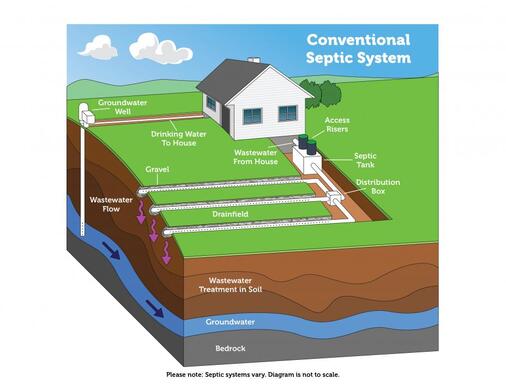
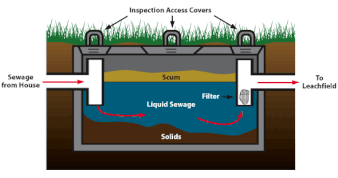

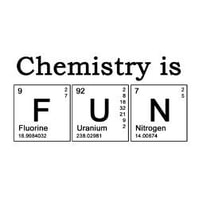
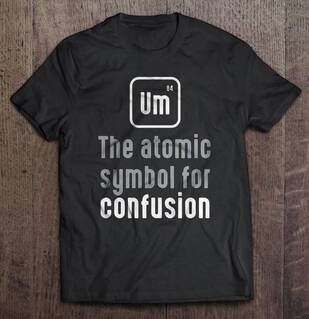
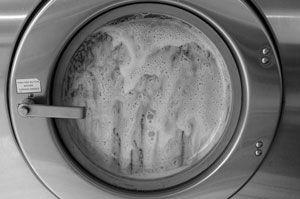
 RSS Feed
RSS Feed